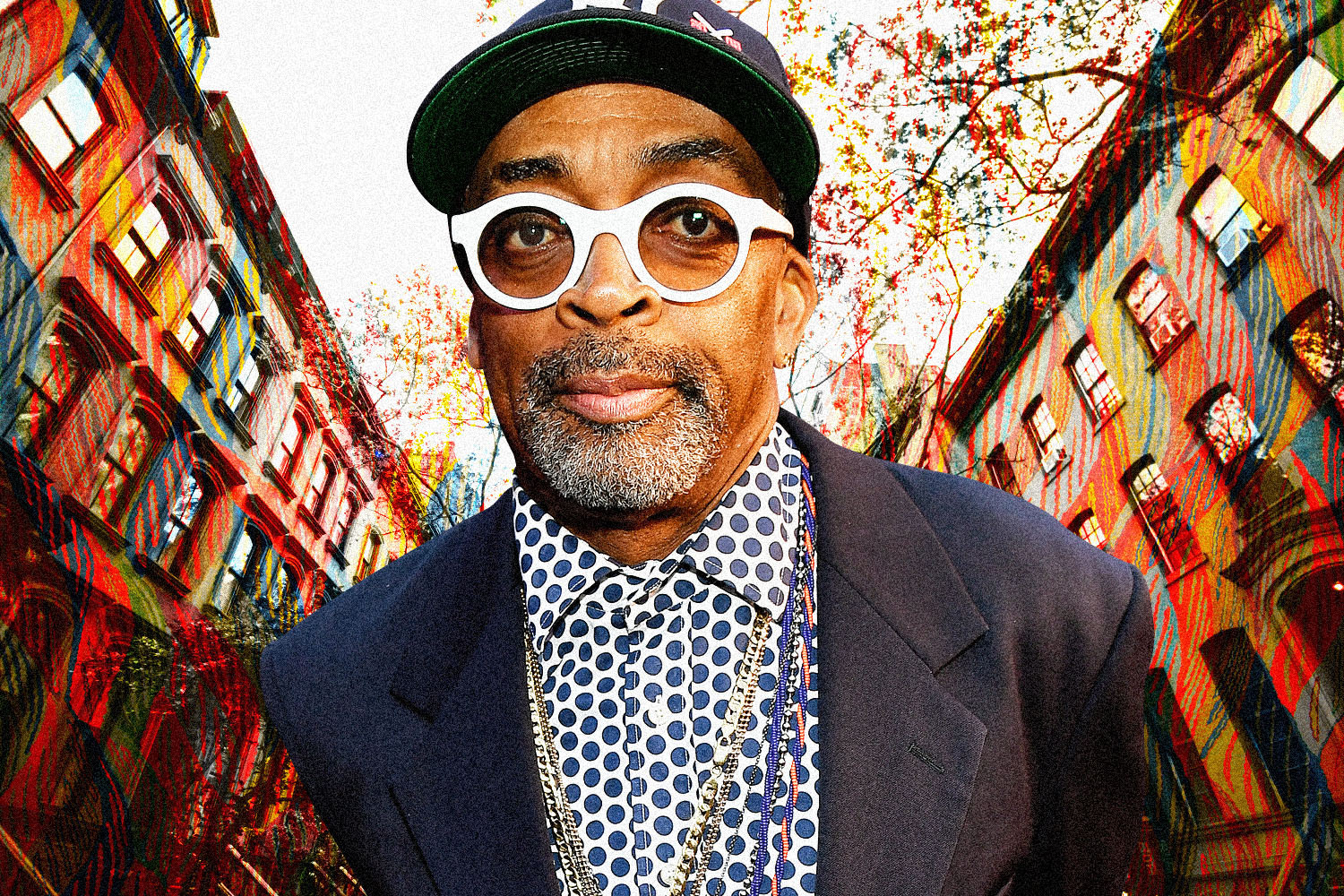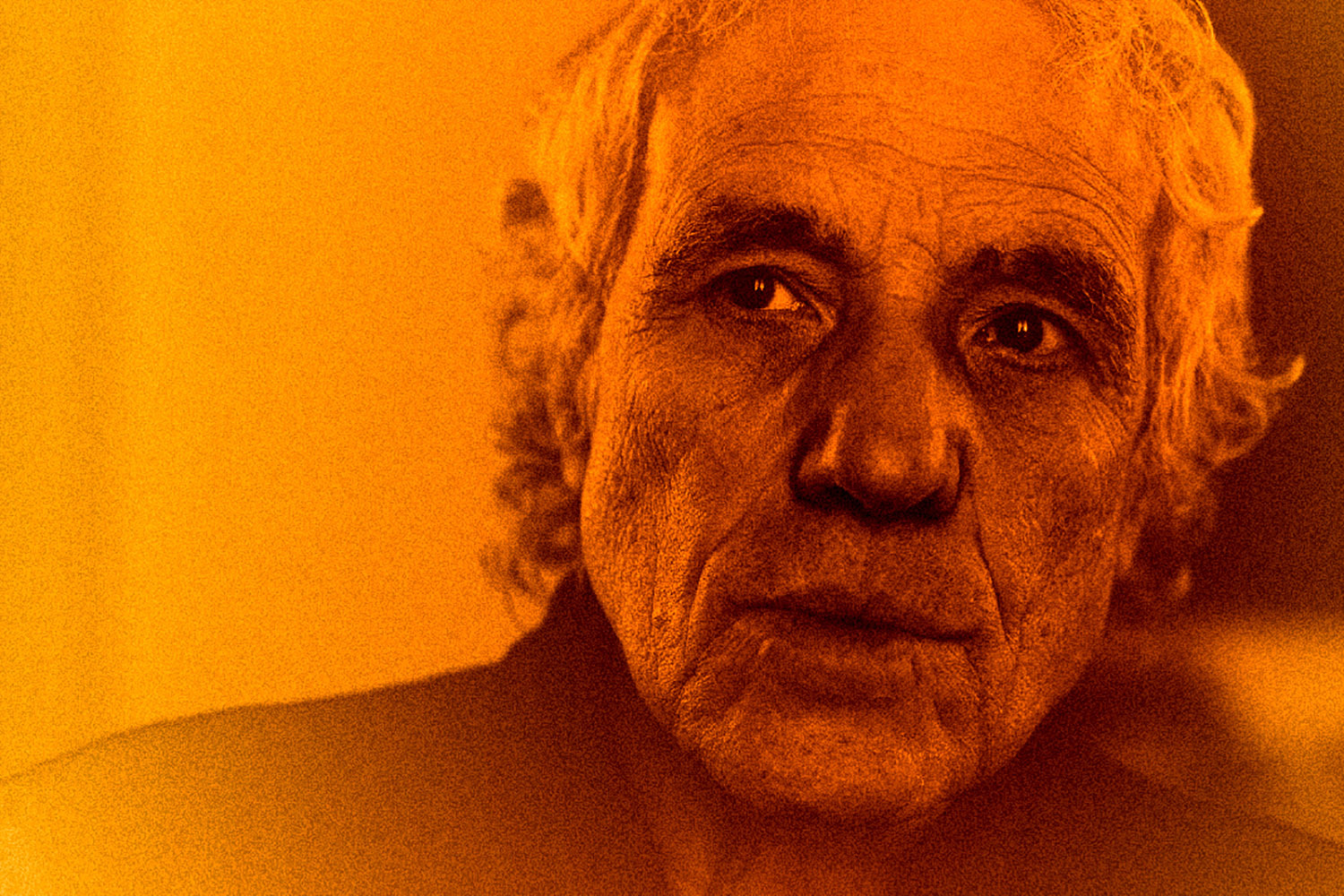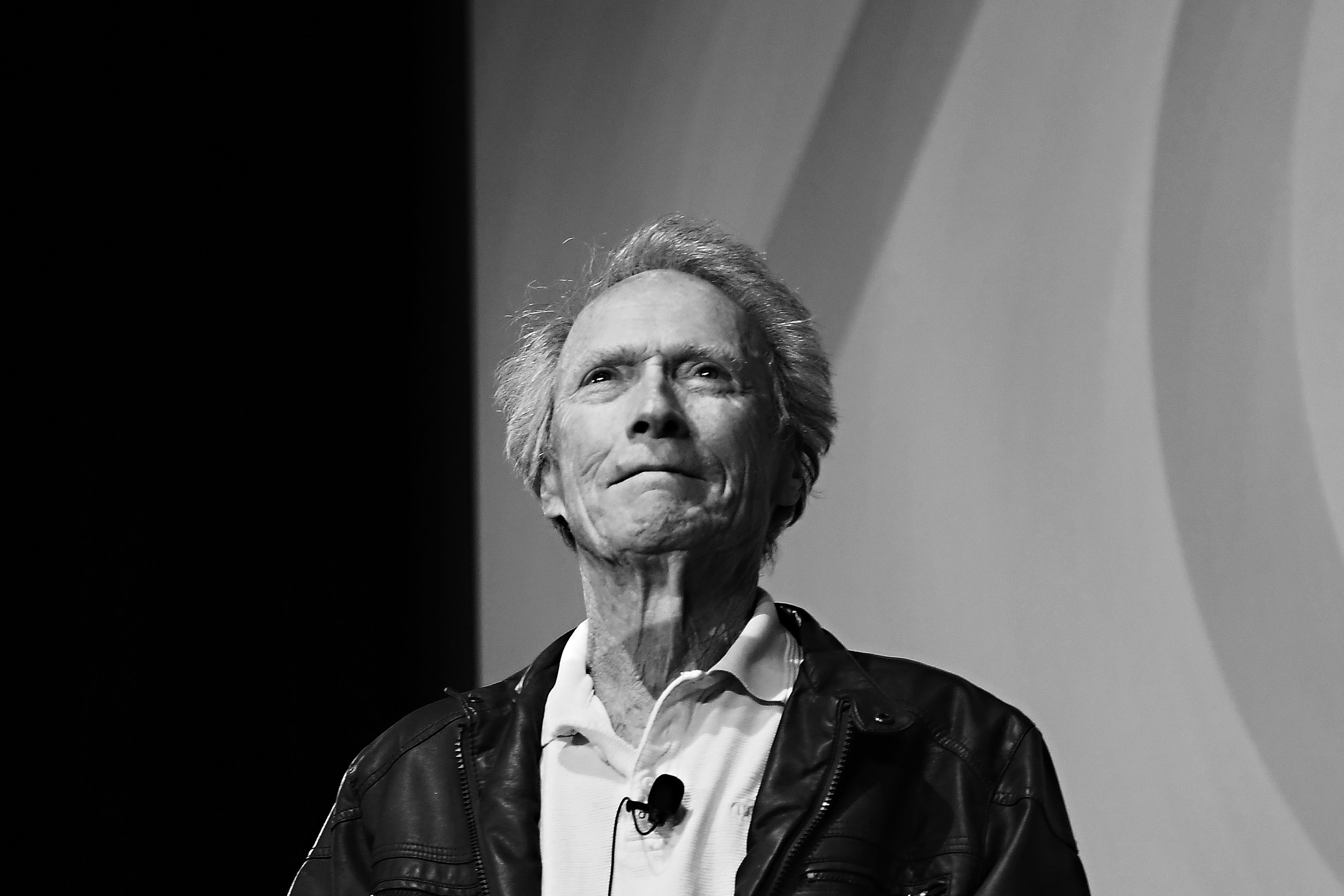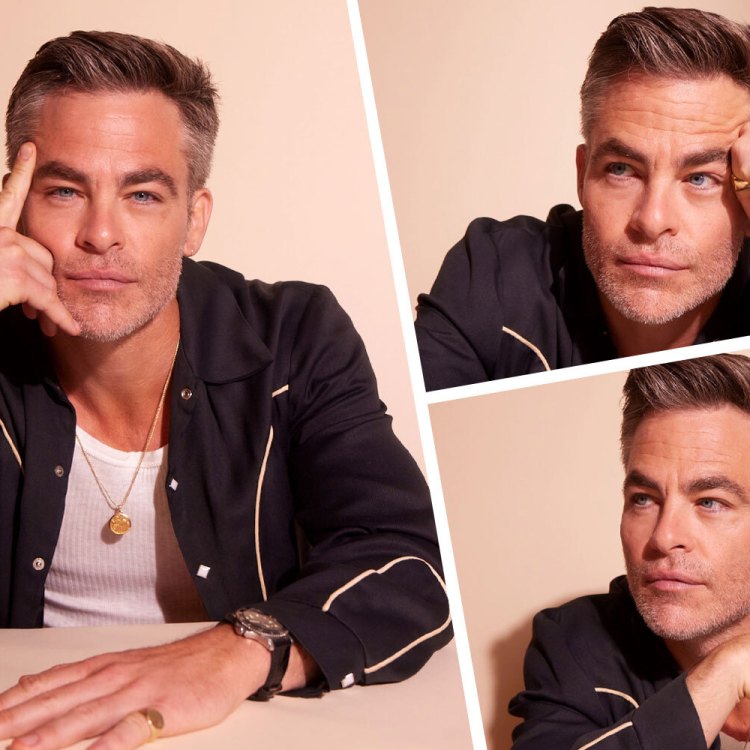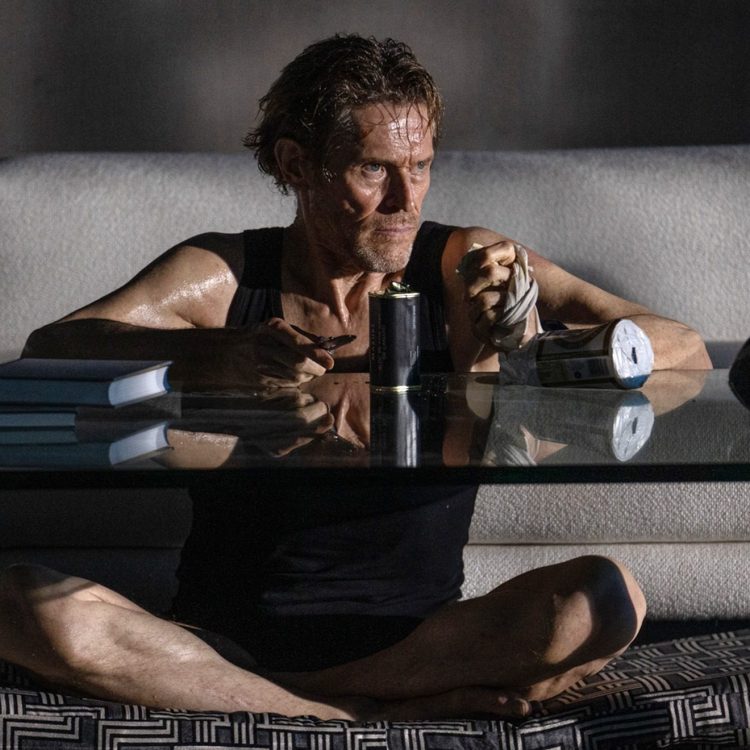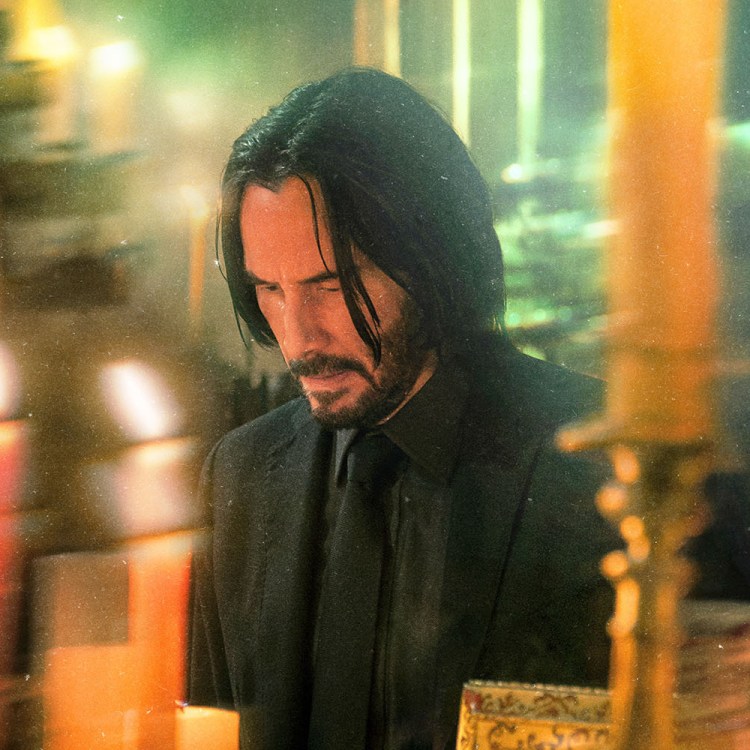Most of what you know about Johnny Cash’s life probably came from the 2005 movie Walk the Line. As played by Joaquin Phoenix, Cash was shown there as a sort of primitive folk genius tormented by personal demons until he is rescued by June Carter, who goes on to become his second wife.
As is usually the case, what really happened is far more complicated. And that’s what My Darling Vivian, a new documentary that streams starting June 19, addresses.
Vivian Liberto, Cash’s first wife and the mother of his four daughters, was largely left out of Walk the Line. She’s been erased from other works about Cash as well, including the memorial concert from Nashville’s Ryman Auditorium that was broadcast on CMT.
Filmmaker Matt Riddlehoover was considering projects when a friend suggested a documentary about Vivian. His husband and producing partner, Dustin Tittle, is Vivian’s grandson.
“Over the years my mother-in-law, Kathy Cash Tittle, told me stories about Vivian,” Riddlehoover said by telephone. “Hearing about what happened to her and the kids in Hollywood, when they lived in Johnny Carson’s old house, and then in the house on the hill in Casitas Springs, I was thinking, where was all of this in Walk the Line?”
The director knew he was taking on a huge responsibility. Revealing Vivian’s life would be the equivalent of saying, “Okay, everything you think you know about that story is either a myth or downright not true.” Despite his qualms, his mother-in-law and aunts — Rosanne Cash, Cindy Cash and Tara Cash Schwoebel — agreed to the project at once.
Riddlehoover began by scanning the thousands of photographs and letters Vivian kept from the time she met Cash (then an Air Force cadet) as a 17-year-old girl in San Antonio. Forbidden to marry by her strict parents, Vivian and Cash corresponded almost daily while he served in Europe. Their letters are heartbreakingly romantic.
In one, Cash writes about Vivian’s self-esteem problems, encouraging a painfully shy girl with sensitivity and insight. “To me that was like an epiphany moment,” Riddlehoover said. “This is why things affected her the way they did, this is why she was so reserved, so private, so unwilling to use her voice. It surprised me that I hadn’t read it in her memoir, and that the girls seemingly didn’t know about it.”
The film also presents a different side to The Man in Black, an archetypal figure whose characteristics have hardened into myth. Walk the Line pushed Cash through a Hollywood storyline; My Darling Vivian shows some of the trouble he left behind.
“None of this was ever meant to settle scores,” Riddlehoover insisted. “We wanted this to be loving, to show a side of John that no one’s ever seen before. Honestly, the side that his daughters remember. A dad who was very much in love with their mother.”
Home movies Vivian kept all her life provide another view into the daughters’ childhoods, first in Memphis and then Los Angeles. Cash is an animated presence throughout barbeques, birthdays and holidays, but after 1962, the movies and photos stop.
“There’s very little photographic evidence when times were tough,” Riddlehoover said. “It was kind of a gut punch to realize that the early years in their marriage, the birth of the first three children, all of it was so well-documented, especially for the time. And then it just kind of dries up.”
What happened was that Cash left Vivian for June Carter, a member of the folk-music dynasty. As the documentary makes clear, Vivian was devastated by the betrayal. “It was clear from the stories I heard over the years from Kathy that Vivian was terribly, terribly hurt, and it was important to shed light on that.”
Much of My Darling Vivian is told by her daughters, who in separate interviews offer contradictory accounts of incidents in their lives.
“I had seen the four of them sitting together on a couch at the Country Music Hall of Fame a few years ago,” Riddlehoover remembers. “They were talking about photos of their father in Europe, and all these differences in opinions and recollections came out. So for this movie, I wanted them to be in their own space, comfortable, not having anyone question what they remembered.”
The director spoke with a few other sources as well, notably songwriter and musician Rodney Crowell, who was married to Rosanne in the 1980s. He gave Riddlehoover access to his own movies of the family.
“Rodney was tremendously instrumental in helping me revisit the memorial tribute, which is how Vivian’s memoir opens,” Riddlehoover recalled. “He said, ‘You know I dedicated a song to her, but when it aired on television, it wasn’t there.’ I knew CMT had sent the family both edited and unedited versions of the concert. So I went through it and sure enough, there it was.”
When talking about assembling the material, shaping it into a narrative, Riddlehoover compares it to piecing together a puzzle. Separate themes emerged when the director interviewed the Cash daughters, and he wanted to give credence and attention to each.
“I was surprised by what Rosanne brought to the table, what Cindy and Tara thought, and then the candid conversations I had with Kathy, my mother-in-law,” the director said. “Things in the letters that weren’t mentioned in Vivian’s memoir, photos the family as a whole wasn’t aware of. To this day photos will come up, and Tara will say, ‘I’ve never seen this before.’”
Reclaiming incidents from the past, exploring new insights into culture, learning what it felt like growing up in that family — My Darling Vivian is broad in scope but surprisingly intimate. In the end, it renders Vivian and Johnny Cash recognizably human.
“They were and are a family just like any other,” Riddlehoover noted. “Divorce happens. Remarriage happens. Step kids happen. If somebody gets married, you’re all there. Somebody passes away, you’re all there. That was part of this for me, sharing these moments.”
The documentary was scheduled to screen at this year’s South by Southwest before the festival was canceled. Riddlehoover and Tittle had also planned to show their film at other festivals in the spring and summer, until the pandemic intervened.
“At first the cancellations were a little devastating, as if it were just a continuation of Vivian being silenced and her story not getting the proper platform,” Riddlehoover admitted. “But then reality set in and it was sobering to realize how serious this was. So thank god they canceled it.”
My Darling Vivian will be available instead as a virtual release, starting on June 19. “Not just to get the film out there,” the director said, “but to support art-house theaters whose doors are closed right now.”
This article was featured in the InsideHook newsletter. Sign up now.

